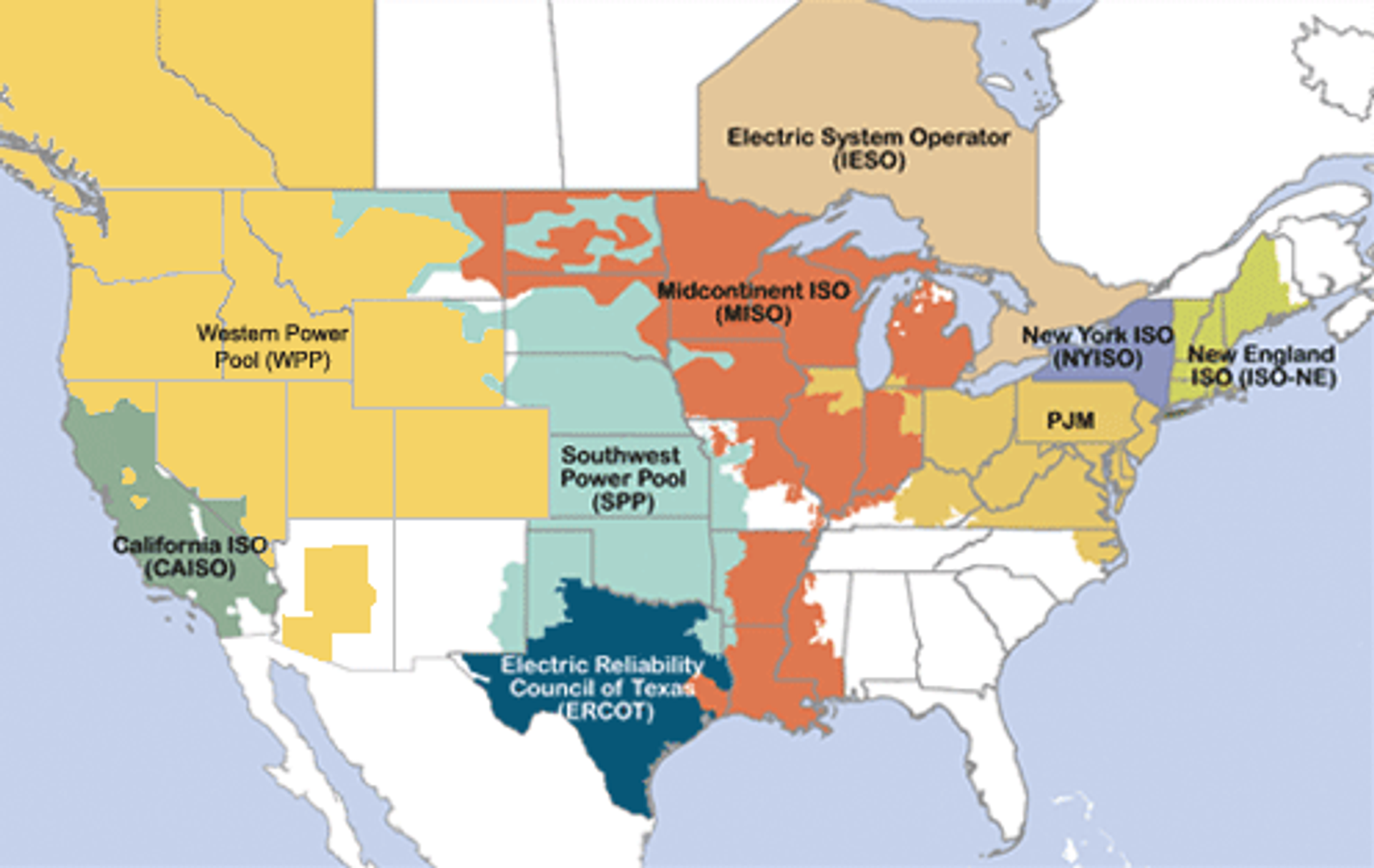
ExxonMobil
What do people say about ExxonMobil?
ExxonMobil's perception in recent media segments reflects a mix of criticism and acknowledgment of its role in the energy sector. Many speakers express a negative view, highlighting the company's influence in political matters and its contribution to environmental issues, with references made to its lobbying efforts and connections to organizations like the Heritage Foundation. There is a general sentiment that the rising costs associated with drilling and production are detrimental to the company's viability, as it struggles with fluctuating oil prices and increasing operational expenses. However, there are discussions around ExxonMobil's potential in the renewable energy space, albeit with skepticism. Overall, ExxonMobil is predominantly perceived as a corporate giant facing challenges in a rapidly changing economic and environmental landscape.
Where are the conversations happening?
The media sources paint ExxonMobil in a predominantly negative light. For instance, discussions in the 'Tastylive' podcasts highlight the rising costs and operational challenges faced by Exxon, while segments from 'Opening Arguments' and 'Dropping Bombs' connect the company to political maneuvering and environmental concerns. The 'AI Show' segments mention ExxonMobil's historical market dominance but juxtapose it with the company's current struggles. The critical discussions mainly arise in politically charged contexts, where ExxonMobil is often seen as a symbol of corporate excess and resistance to change.
What are the topics trending around ExxonMobil?
Emerging discussions around the costs of drilling and production, environmental regulations, and the transition to renewable energy sources are prevalent near ExxonMobil, indicating a critical juncture for the company.
Why are these topics trending?
The increased focus on environmental issues and the economic sustainability of oil production are shaping discussions around ExxonMobil, reflecting broader industry trends and public sentiment against fossil fuels amidst climate change concerns.
How is ExxonMobil being talked about?
Detailed breakdown of public sentiment and conversations about this company.
Impact vs Sentiment
See how each entity's high impact percentage relates to their positive sentiment percentage from actual mentions.
